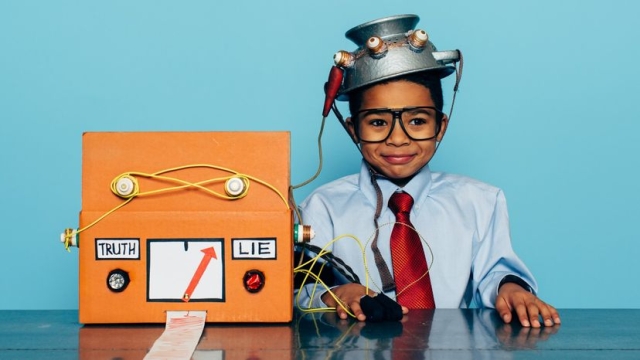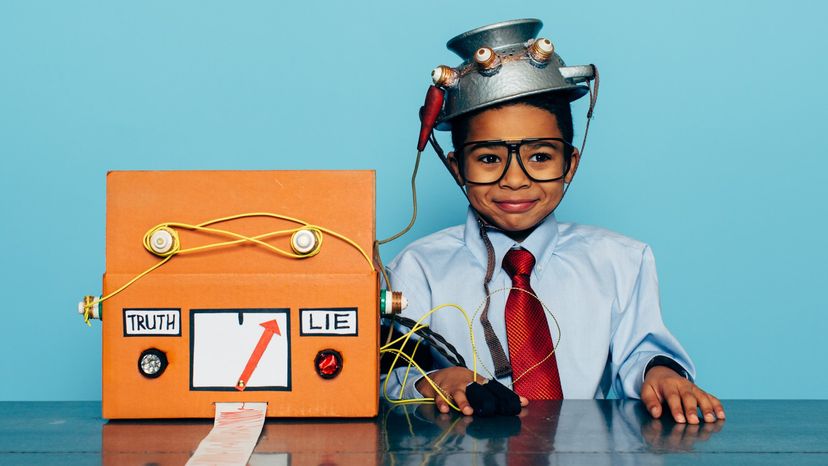
Unmasking Deception: The Truth Behind Lie Detector Tests
In today’s world, the idea of the lie detector test carries significant weight in uncovering deception. This method, often deemed as a scientific approach to reveal the truth, has long fascinated both the public and professionals in various fields. Law enforcement agencies, employers, and even individuals have relied on the results of lie detector tests to make critical decisions based on the assumption that one’s physiological responses can expose hidden truths.
However, beneath the surface of this seemingly foolproof method lies a complex web of uncertainties and controversies. The efficacy and reliability of lie detector tests have been subjects of continuous debate, stirring questions about their accuracy in detecting lies. While some advocate for their use as a valuable tool in revealing deceit, others scrutinize the potential for error and manipulation that accompanies this test.
History of Lie Detector Tests
Polygraph
Lie detector tests, also known as polygraph tests, have a long history dating back to the early 20th century. The first version of a lie detector was invented by William Moulton Marston, a psychologist who also created the comic book character Wonder Woman. Marston’s early device measured blood pressure and other physiological responses to determine if someone was lying.
Over the years, the technology behind lie detector tests has evolved and improved in accuracy. In the 1920s, John Larson, a police officer in California, developed a more advanced polygraph machine that recorded multiple physiological indicators such as blood pressure, pulse rate, and respiration.
Despite their widespread use in various fields such as law enforcement and employment screening, the reliability and effectiveness of lie detector tests have been a subject of controversy and skepticism. Many experts argue that these tests can be influenced by factors such as anxiety, stress, and the skill of the examiner, leading to both false positives and false negatives in detecting deception.
Effectiveness of Lie Detector Tests
Lie detector tests are commonly used as a tool to determine truthfulness. Despite their widespread use, the accuracy of these tests has been a subject of much debate. Supporters argue that lie detector tests can detect signs of deception, such as changes in heart rate and perspiration levels. However, critics point out that these physiological responses can also be triggered by factors other than lying, casting doubt on the reliability of the results.
One key factor that affects the effectiveness of lie detector tests is the skill and experience of the person administering the test. A well-trained examiner can interpret the test results more accurately and account for factors that may affect the readings, such as anxiety or stress levels of the examinee. On the other hand, an inexperienced examiner may misinterpret the results, leading to false conclusions.
In many cases, the use of lie detector tests as a sole determinant of truth can be problematic. It is important to consider other evidence and factors when interpreting the results of these tests. While lie detector tests can be a useful tool in investigations, they should be used cautiously and in conjunction with other investigative techniques to ensure a more comprehensive and accurate assessment of the situation.
Ethical Considerations
When considering the use of lie detector tests, it is important to address the ethical implications involved. Critics argue that relying solely on polygraph results can lead to false accusations and an erosion of trust within relationships and the legal system.
Another ethical concern is the potential impact on individual privacy and autonomy. Subjecting individuals to lie detector tests without their full consent or understanding of the process can be seen as a violation of their rights.
Furthermore, there are issues surrounding the reliability and accuracy of these tests, which can raise concerns about fairness and justice. In some cases, the results of lie detector tests have been found to be influenced by factors such as stress, anxiety, or the skill of the examiner. This raises questions about the validity of using such tests as a definitive measure of truth.




